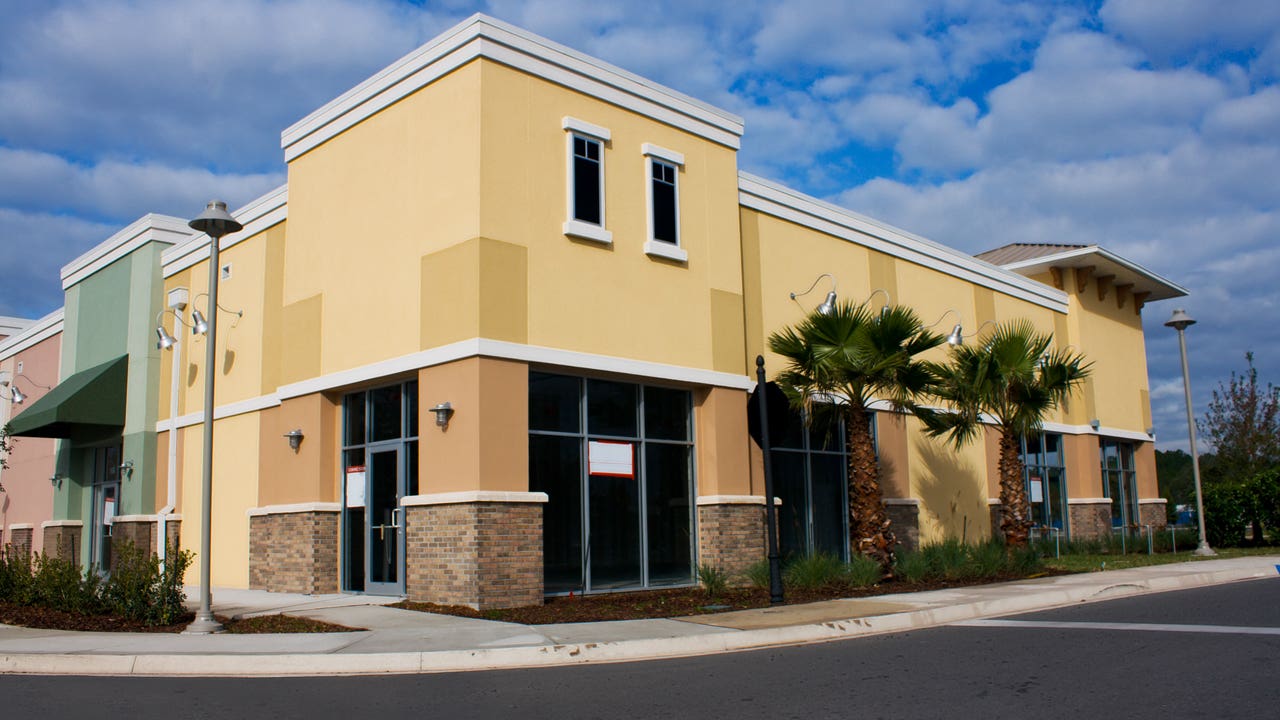Exploring the Growing Opportunities in Real Estate Lockhart
Exploring the Growing Opportunities in Real Estate Lockhart
Blog Article
The Future of Property: Trends and Opportunities to View
As the actual estate landscape progresses, it ends up being progressively important to recognize the arising trends and opportunities that will certainly specify the industry in the coming years. With these characteristics at play, a better evaluation of the approaches and adjustments needed for success discloses interesting opportunities that might reshape investment techniques and market behaviors.
Technological Developments in Property
In the last few years, the real estate field has actually accepted a wave of technical developments that are changing conventional practices. These innovations have significantly improved effectiveness, transparency, and decision-making procedures within the market. One of the most noteworthy innovations is the increase of huge data analytics, which enables property specialists to evaluate market trends, anticipate building worths, and determine investment possibilities with unprecedented precision. This data-driven approach allows stakeholders to make enlightened decisions and lowers the dangers connected with property deals.
Additionally, virtual truth (VIRTUAL REALITY) and enhanced fact (AR) innovations are changing building advertising and marketing by giving immersive experiences for prospective buyers and lessees. These devices allow customers to conduct virtual excursions of homes, consequently streamlining the search process and improving consumer interaction. Blockchain modern technology is acquiring traction as a way to safeguard deals and maintain clear documents, consequently reducing fraudulence and quickening the closing procedure.
Smart home innovations are also becoming significantly common, making it possible for property owners to keep an eye on and regulate their residential properties remotely (Real Estate Lockhart). Jointly, these technological technologies are improving the landscape of property, cultivating a more effective, transparent, and customer-centric sector
Need for Sustainable Qualities
As consumers significantly focus on environmental duty, the demand for sustainable residential or commercial properties has actually surged in the genuine estate market. This shift mirrors a broader social fad towards sustainability, with investors and buyers looking for buildings that reduce eco-friendly impact while making the most of energy performance. Functions such as photovoltaic panels, energy-efficient devices, and sustainable building materials are currently seen as vital instead of optional.

Furthermore, the surge of environmentally friendly neighborhoods, which prioritize walkability and access to mass transit, better emphasizes this trend. These growths interest eco aware customers and advertise a much healthier way of living.
As the need for sustainable residential or commercial properties remains to rise, industry stakeholders need to adjust to these assumptions. By embracing cutting-edge practices and prioritizing sustainability, the realty sector can not only satisfy customer demand however additionally add to an extra lasting future.
Altering Purchaser Demographics

Additionally, the maturing population is reshaping demand for housing. Infant boomers are looking for downsized homes that supply availability and anonymous reduced maintenance, often preferring urban setups with nearby services. This shift demands a concentrate on multi-generational real estate options that accommodate differing needs.
In addition, multiculturalism is playing a critical function in property trends. Customers from various backgrounds bring unique preferences and expectations, prompting designers to create inclusive environments that provide to a bigger target market. As these market changes remain to evolve, property experts have to adjust their methods to deal with the demands of these different buyers. Understanding these altering demographics will certainly be important in identifying emerging possibilities and crafting tailored advertising and marketing approaches that resonate with the diverse needs of today's market.
Increase of Remote Job Influence
Increasingly, the increase of remote work is transforming the genuine estate landscape, triggering considerable shifts in buyer preferences and area choices. As employees delight in the flexibility of functioning from home, several are reevaluating their household demands, bring about a rise in need for residential properties in country and country areas. This trend is primarily driven by the wish for more large living atmospheres that can suit home workplaces and a far better lifestyle.
Moreover, urban facilities, browse around this web-site when the prime focus for buyers, are witnessing a gradual decline popular as people focus on price and accessibility to nature. Subsequently, realty programmers and investors are changing their focus towards buildings that use home office spaces, exterior facilities, and closeness to crucial solutions.
Actual estate experts should adjust to the altering choices of buyers, highlighting the significance of way of life variables in their advertising approaches. The implications of remote job on actual estate are profound, shaping future patterns and possibilities.
Financial Investment Opportunities in Emerging Markets
Investment chances in emerging markets are constantly standing out from real estate investors looking for diversification and growth capacity. These markets, characterized by quick financial development, increasing urbanization, and an expanding middle course, existing one-of-a-kind potential customers for savvy capitalists. Countries in Southeast Asia, Africa, and Latin America are witnessing considerable framework renovations and favorable government plans, which further boost their allure.
Actual estate markets such as domestic, business, and logistics are experiencing increased need because of city migration and advancing consumer choices. Significantly, cities like Ho Chi Minh City, Nairobi, and Medellín are becoming hotspots for financial investment because of their expanding economic situations and younger demographics.
Capitalists ought to carry out complete market analyses to identify vital patterns, such as shifts in population dynamics and economic stability, which can influence residential or commercial property worths. Additionally, partnerships with regional property firms can help with effective access and navigating in these markets.
However, it's critical to be mindful of possible risks, including political instability and regulative obstacles. By considering these variables and adopting a long-lasting perspective, investors can efficiently maximize the financially rewarding opportunities emerging in these developing areas.

Final Thought
To conclude, the future of genuine estate will be substantially affected by technical improvements, an expanding emphasis on sustainability, and developing purchaser demographics. The increase of remote work is improving real estate choices, specifically in suburbs. Moreover, emerging markets present considerable investment opportunities for stakeholders ready to adapt to these adjustments. Navigating this transforming landscape will certainly call for tactical partnerships and an eager understanding of market characteristics to maximize the patterns shaping the sector.
As the actual estate landscape progresses, it ends up being significantly crucial to recognize the arising trends and opportunities that will define the market in the coming years. One of the most significant advancements is the increase of big data analytics, which permits actual estate specialists to examine market patterns, predict visit property worths, and identify investment possibilities with extraordinary precision.As consumers progressively prioritize ecological duty, the need for sustainable buildings has risen in the genuine estate market. The implications of remote job on genuine estate are extensive, shaping future fads and opportunities.
Investment possibilities in emerging markets are regularly attracting attention from genuine estate financiers looking for diversity and development possibility.
Report this page